[Part 09]
[Benton Bradberry’s 2012 book, “The Myth of German Villainy” is a superb, must-read, revisionist look at how the German people have been systematically, relentlessly and most importantly, unjustly vilified as the arch criminal of the 20th century. Bradberry sets out, cooly and calmly as befits a former US-Navy officer and pilot, to show why and how the German people have been falsely accused of massive crimes and that their chief accuser and tormenter, organized jewry is in fact the real party guilty of monstrous crimes against Germans and the rest of the world.
In Part 09, Hitler’s and his party’s rise to power based on the 25 points for the reclamation of Germany for the German people is described. Hitler stressed the principle that “the common weal comes before individual welfare.” Hitler rightly blamed jews for the inflation, the unemployment, the political instability, and for losing the war. But more significantly, he tied the Jews in Germany to “internationalism,” accusing them of placing their first loyalty to International Jewry. Along with First World War hero, General Erich Ludendorff, Hitler carried out a “putsch” in Munich, in 1923, that ended in failure and his imprisonment, during which he wrote his book Mein Kampf (My Struggle). Hitler then decided that the best way to take power was by constitutional means ― that is, by winning elections. On January 30, 1933 Hitler was appointed Chancellor of Germany and subsequently he and the NSDAP brought Germany unheard of levels prosperity while the rest of the world was mired in the Great Depression — KATANA.]
NOTE: The author has very generously given me permission to reproduce the material here — KATANA.
The book can be bought at Amazon here: The Myth of German Villainy
The Myth of
German Villainy
by
Benton L. Bradberry
Contents
[Clicking on a link in the Contents here will take you to that Part, in a separate post]
[Part 01]
Chapter 1 – The Myth of Germany as an Evil Nation
Germany’s Positive Image Changes Overnight
[Part 02]
Chapter 2 – Aftermath of the War in Germany
The Versailles Treaty
Effect of the Treaty on the German Economy
Was the War Guilt Clause Fair?
Did Germany Really Start the War?
[Part 03]
Chapter 3 – The Jewish Factor in the War
Jews at the Paris Peace Conference
Jews in Britain
[Part 04]
Chapter 4 – The Russian Revolution of 1917
Bolsheviks Take Control
Jews and the Russian Revolution
Origin of East European Jews
Reason for the Russian Pogroms Against the Jews
Jews Leave Russia for America
Financing the 1917 Revolution
Jews in the Government of Bolshevik Russia
[Part 05]
Chapter 5 – The Red Terror
Creation of the Gulag
Bolsheviks Kill the Czar
Jews as a Hostile Elite
The Ukrainian Famine (Holodomor)
[Part 06]
Chapter 6 – The Bolshevik Revolution Spreads Throughout Europe
Jews in the Hungarian Revolution
Miklos Horthy Saves Hungary
Jews in the German Revolution
The Spartacist Uprising in Berlin
Jewish Bolsheviks Attempt to Take Italy
Jewish Bolsheviks Attempt to Take Spain — The Spanish Civil War
Czechoslovakia in Danger of Communist Takeover
The Comintern’s Aim? World Domination!
[Part 07]
Chapter 7 – The Nation of Israel
History of the Expulsion of Jews
[Part 08]
Chapter 8 – Jews in Weimar Germany
Jews Undermine German Culture
[Part 09]
Chapter 9 – Hitler & National Socialists Rise to Power
The 25 Points of the National Socialist Party
[Part 10]
Chapter 10 – National Socialism vs. Communism
National Socialism
Jews Plan Marxist Utopia
[Part 11]
Chapter 11 – Jews Declare War on Nazi Germany
Text of Untermeyer’s Speech in New York
The Jewish Persecution Myth
Effect of Boycott on the German Economy
Jewish Exaggerations are Contradicted by Many
[Part 12]
Chapter 12 – The Nazis and the Zionists Actually Work Together for Jewish Emigration out of Germany
The Nuremberg Laws – 1935
The Zionist Movement
[Part 13]
Chapter 13 – Life in Germany Under Hitler
Night of the Long Knives
1934 Annual Nazi Rally at Nuremberg
Hitler Revives the German Economy
Hitler Becomes the Most Popular Leader in the World
[Part 14]
Chapter 14 – Hitler Begins Reclamation of German Territory
Chapter 15 – The 1936 Olympics
[Part 15]
Chapter 16 – “Anschluss”. The Unification of Austria and Germany
Austrian Economy Revived
Austria’s Jews
[Part 16]
Chapter 17 – Germany Annexes the Sudetenland
[Part 17]
Chapter 18 – War with Poland
The Polish Problem
Hitler’s Proposal to Poland
Kristallnacht
German-Polish Talks Continue
Jews Influence both Roosevelt and Churchill
British and American Political Leaders Under Jewish Influence
Roosevelt’s Contribution to Hostilities
Lord Halifax Beats the War Drums
Germany Occupies Bohemia and Moravia
Roosevelt Pushes for War
Anti-war Movement Becomes Active
Poles Murder German Nationals Within the Corridor
[Part 18]
Chapter 19 – The Phony War
Russo-Finnish War
The Norway/Denmark Campaign
German Invasion of Denmark and Norway
Churchill Takes Chamberlain’s Place as Prime Minister
[Part 19]
Chapter 20 – Germany invades France Through the Low Countries
The Phony War Ends.
Churchill the War Lover
The Fall of France
Hitler Makes Peace Offer to Britain
[Part 20]
Chapter 21 – The Allied Goal? Destruction of Germany!
[Part 21]
Chapter 22 – Germany as Victim
Rape and Slaughter
Jewish Vengeance
The Jewish Brigade
[Part 22]
Chapter 23 – Winners and Losers
Chapter 9
Hitler and National Socialists
Rise to Power
After World War One, Adolf Hitler, still an Army corporal, joined the German Worker’s Party (DAP) in Munich. Though young and inexperienced, he proved himself a mesmerizing public speaker with a mature grasp of the issues of the day, and soon became the party’s chairman. Hitler burned with indignation and anger over Germany’s humiliation in losing the war and over the vindictive and merciless Versailles Treaty imposed upon Germany afterwards. He dedicated his life to resurrecting Germany’s position in the world. Hitler worked hard to build up the party and saw it as a means of acquiring political power. By now, he had become convinced that the Jews were the primary cause of most of Germany’s troubles. Opposition to Communism and to Jewish control of Germany became part of the German Worker’s Party’s political platform.
In a speech at a public meeting on February 24, 1919, Hitler laid out his 25 points for the reclamation of Germany for the German people. These 25 points became, and remained, the platform, or goals, of the National Socialist Party. As can be seen, the platform was both nationalistic and socialistic in nature, hence National Socialism, with the goal of strengthening Germany and resurrecting the German people again. Hitler stressed the principle that “the common weal comes before individual welfare.”
Hitler (seated on the right) and fellow soldiers during World War I. The dog was named “Fuchs” and was actually Hitler’s pet during the war.
The 25 Points of the National Socialist Party
1. The unity of all German-speaking peoples in one country.
2. The abolition of the Treaty of Versailles.
3. Land and colonies to feed Germany’s population (Lebensraum).
4. Only Germans can be citizens. No Jew can be a German citizen.
5. People in Germany who are not citizens, i.e., Jews, must obey special laws for foreigners.
6. Only German citizens can vote, be employed or hold public office.
7. Citizens, i.e., ethnic Germans, are entitled to a job and a decent standard of living. If this cannot be achieved, foreigners (with no rights as citizens) should be expelled.
8. No further immigration of non-Germans must be allowed. All non-German foreigners (which included the Jews) who have come to Germany since 1914 must be expelled.
9. All citizens have equal rights and duties.
10. The first duty of a citizen is to work.
11. All payments to unemployed people should end.
12. All profits made by profiteers during the war must be confiscated (a swipe at the Jews).
13. Nationalization of trusts (meaning, the big corporations).
14. Large companies must institute profit sharing plans with their employees.
15. Old age pensions must be increased.
16. Public help for small businesses; large department stores must be closed down (another swipe at the Jews).
17. Property reform to give small farmers their land.
18. An all-out battle against criminals, profiteers, etc., who must be punished by death.
19. Reform of the law to make it more German.
20. Improve education so that all Germans can get a job.
21. Improve people’s health by making a law for people to participate in sports.
22. Abolition of the professional Army, and a new People’s Army in its place.
23. German newspapers must be free of foreign (Jewish) influence.
24. Freedom of religion.
25. Strong central government with unrestricted authority.
[Add. Image — original 25 point plan of the NSDAP (in German)]
Among the 25 points was a demand for scrapping the Versailles Treaty and the return to Germany of territories taken away by the treaty. Germany had no moral obligation to abide by the Treaty, because it had been imposed upon Germany by coercion; by force. Any two men will agree that if one man forces another man into slavery by threat of violence or death, the enslaved man has no moral obligation to remain a slave. Anyone would agree that as soon as the enslaved man has the power or the means of escaping his enslavement, he has a moral right to do so. This same moral right also applies to nations. Germany had no moral or legal obligation to remain enslaved by the Versailles Treaty.
Hitler demanded the right of self determination for all Germans (according to President Wilson’s 14 Points), which meant the right of Germans outside Germany to be incorporated into the German Reich.
This would include the Sudeten Germans, as well as the return of the city of Danzig, and the annexation of Austria, all of whom wished to join Germany. He called for the restoration of equal rights for Germans as compared to those of other European peoples. Hitler also demanded the right of Germany to acquire land for Germany’s surplus populations, referred to in other speeches and writings as Lebensraum. Britain had solved her surplus population problem by emigration to the colonies, i.e. North America, Australasia, and South Africa. Germany faced the same problem and desperately needed more space for her dense population.
The 25 Points also set the goal of wresting control of German institutions back from the Jews and of sidelining the Jews as a force of power and control in Germany. Toward the goal of creating a German state for the German people, Hitler called for the revocation of the citizenship of all those who did not have German blood, meaning the Jews primarily, and actually expelling all the East European Jews who had entered the country since the war. Revoking the citizenship of Jews would have the effect of sharply limiting the rights of Jews and subsequently, the power of Jews. The East European Jews who had entered Germany beginning in November 1914 were conspicuously non-German aliens, and almost all of them were revolutionary Communists and the primary troublemakers in Germany. Yet, with the help of German Jews, they had quickly insinuated themselves into influential positions throughout Germany.
Hitler also called for the destruction of Germany’s “bondage of interest,” which was another swipe at the Jews. He wanted to create for Germany a new financial system, which, in fact, he did after becoming Chancellor later on.
In this landmark speech, Hitler also announced that the National Socialist Party (DAP) would be renamed the “National Socialist German Worker’s Party” (NSDAP, or “NAZI,” as the acronym would appear in German). Thereafter, criticism of the Jews became a regular feature of Hitler’s speeches. He blamed them for the inflation, the unemployment, the political instability, and for losing the war. But more significantly, he tied the Jews in Germany to “internationalism,” accusing them of placing their first loyalty to International Jewry.
The largest communist party in Europe was in Germany, which had a 78% Jewish membership. Germany was under the greatest threat of any European country of succumbing to Jewish, Bolshevik domination and control, and had, in fact, been specifically targeted by the Comintern as the next domino to fall. Had that come to pass, a bloody “red terror” similar to that which was still going on in Russia would surely have followed. It was against this background that Hitler and the National Socialists launched their program to push Jews out of controlling position in Germany.
The Jews were not only in complete control of Russia, they were also very powerful in Britain, France, and the United States, as well as in Germany. They controlled international banking and finance, they controlled the press and the information media, and they controlled movie making throughout Europe, especially in Germany, as well as in Britain and the United States. The Jews saw the upstart Hitler and his fledgling National Socialist party as a developing threat to their power and control in Germany. After Hitler’s speech during which he presented his 25 points, the Jews began a virulent, international propaganda war against him and the Nazi party. This propaganda campaign continued relentlessly, growing ever more vitriolic, throughout the Nazi reign. Moreover, it continues even to this day, though the Nazis are long gone.
The Nazi party continued to grow and attract new members. At a public rally held in Munich on October 30, 1923, Hitler called for an end of the leftist Weimar Republic, which he declared was under the control of the Jews. During this rally, he called for a march on Berlin to rid the government of Communism and the Jews. A few days later, on November 8, 1923, Hitler held a rally at a Munich beer hall and proclaimed a revolution. The following day he led 2,000 armed “brown shirts” in an attempt to take over the Bavarian government in Munich. He was joined by a hero of the First World War, General Erich Ludendorff, along with Ludendorff’s conservative nationalistic followers. Once they had taken Munich, Hitler and Ludendorff planned to use the Bavarian capital as a base of operations against the national government in Berlin. It turned out that their ambitions exceeded their power and the attempted “putsch” was easily put down by the police.
[Add. image — Defendants in the Beer Hall Putsch trial. From left to right: Pernet, Weber, Frick, Kiebel, Ludendorff, Hitler, Bruckner, Röhm, and Wagner.]
Hitler and Ludendorff were then arrested for treason, though Ludendorff was immediately acquitted due to his reputation as a war hero, but Hitler went on to trial. The judge in the trial, as it turned out, was sympathetic to Hitler’s views, and he permitted Hitler to use the trial as a propaganda forum, which Hitler took full advantage of. Though Hitler was convicted he received the light sentence of 5 years, to be served at Landsberg Prison in comfortable conditions. He only served eight months as it turned out, and he used those eight months very profitably. During his stay at Landsberg, with the help of Rudolph Hess, Hitler wrote his book Mein Kampf (My Struggle). The book eventually sold 10 million copies and made Hitler a wealthy man.
[Add. image — Hitler, Hess and others in Landsberg Prison.]
In Mein Kampf Hitler laid out his views for the future of the German people. He blamed the Jews for Germany’s troubles, and also for most of the troubles in the world, as manifested by their murderous regime in Russia, their leadership in the unsuccessful German Communist Revolution of 1918/19, and also the Jewish Communist take-over of Hungary in 1919. Hitler made it plain that he considered the Jews to be the German nation’s true enemy. They had no culture of their own, he averred, but perverted existing cultures such as Germany’s with their parasitism. As such, he said, they were not a race, but an anti-race.
Another main idea put forward in Mein Kampf, an idea previously presented in his “25 Points,” was that if Germany was to survive as a state it must acquire “lebensraum,” or living space, for its overcrowded population. This, he said, would be found in the East, that is, in Russia and the Ukraine, which was now ruled by Jewish Communists.
“Without consideration of ‘traditions’ and prejudices,” he wrote, “it [Germany] must find the courage to gather our people and their strength for an advance along the road that will lead this people from its present restricted living space to new land and soil, and hence also free it from the danger of vanishing from the earth or of serving others as a slave nation.”
The geopolitical concept of Lebensraum (“living space”) was not original with Hitler. It had been advocated by others in Germany long before Adolf Hitler came to power, including Karl Haushofer, Sir Halford Mackinder of Britain, and Friedrich Ratzel. It was Ratzel who coined the term “lebensraum.” In 1871, “Lebensraum” was a popular political slogan during the unification of Germany as a single nation-state. At that time, Lebensraum usually meant finding additional “living space” by adding colonies, following the examples of the British and French empires. But Germany’s colonies had been taken away after the Great War by the Versailles Treaty, and without colonies to which excess populations could be exported, Germany would have to consider other possibilities. Germany was one of the most densely populated countries in Europe and its population was increasing rapidly. Finding “lebensraum” was seen as a necessity.
The obvious territory for Germany to expand into was always in the East, as Hitler explained in Mein Kampf.
“In an era when the earth is gradually being divided up among states, some of which embrace almost entire continents, we cannot speak of a world power in connection with a formation whose political mother country is limited to the absurd area of five hundred thousand square kilometers.”
The “East” was thinly populated compared to the rest of Europe, and Germans, as well as the rest of Europe, thought about it somewhat as Americans thought about the “wild west.” In 1926, Hans Grimm’s book Volk ohne Raum (“A People without Space”) was published. This book became a classic on Germany’s need for space and the book’s title soon became a popular National Socialist slogan. Neither Hitler nor anyone else in Germany ever considered expansion into Western Europe.
Hitler explains the logic of finding lebensraum in the East in order to enlarge Germany within Europe, rather than to seek colonies elsewhere.
“For it is not in colonial acquisitions that we must see the solution of this problem, but exclusively in the acquisition of a territory for settlement, which will enhance the area of the mother country, and hence not only keep the new settlers in the most intimate community with the land of their origin, but secure for the total area those advantages which lie in its unified magnitude.” — Adolf Hitler, “Mein Kampf.”
Hitler justified a German expansion into Russian territory by pointing out that the Soviet Union was now run by Jews who had killed Russia’s best people, the majority of whom were of German blood. The czars of Russia were of German blood, as were most of the aristocracy.
“For centuries Russia drew nourishment from this Germanic nucleus of its upper leading strata. Today it can be regarded as almost totally exterminated and extinguished. It has been replaced by the Jew. Impossible as it is for the Russian by himself to shake off the yoke of the Jew by his own resources, it is equally impossible for the Jew to maintain the mighty empire forever. He himself is no element of organization, but a ferment of decomposition… And the end of Jewish rule in Russia will also be the end of Russia as a state.” — Adolf Hitler, Mein Kampf .
“Lebensraum,” in Nazi ideology, meant the settlement of German farmers in the area east of Germany. The Slavic population was to be pushed out as German farmers moved in. This was to be a reprise of America’s expansion to the West, during which the Indians had been pushed out. It also parallels modern day Israel’s Jewish settlement of Palestine, where the Palestinian owners of the land are pushed out to make way for Jewish settlers. The Nazi theory of Lebensraum became Germany’s foreign policy during the Third Reich.
Once released from prison, Hitler decided that the best way to take power was by constitutional means ― that is, by winning elections. A coup or putsch, similar to the one he had just been imprisoned for, was impracticable, he decided. He began to campaign throughout the country, during which he was received enthusiastically by the German people. As the campaign progressed, he drew larger and larger crowds. With his spell binding oratory, he called for the German people to resist the yoke of the Jews and Communism, and to create a new Germany for the German people. He asserted that the Jews were Germany’s biggest enemy, accusing them of trying to take over the country to turn it into another Soviet Union, as they had done in Russia, in Hungary briefly, and as they had tried to do in Germany. In one speech, he said:
“[The Jews’] ultimate goal is the denaturalization, the promiscuous bastardization of other peoples, the lowering of the racial level of the highest peoples as well as the domination of his racial mishmash through the extirpation of the volkish intelligentsia and its replacement by the members of his own people.”
It is the Jews in America today who are behind multiculturalism, open immigration, racial mixing, the denial of the right to “freedom of association,” etc. Their intent today is to undermine the once dominant position of white, European Americans, and to reduce them to an ethnic minority in their own country. Hitler’s words above is a description of what is going on in America today.
In campaigning for votes, Hitler deliberately appealed to farmers and white collar voters in small towns who were conservative and nationalistic by nature. They were the demographic group who were most antagonistic towards the leftist Weimar Republic. In the election held in September, 1930, the Nazi Party won 18 percent of the votes cast.
Suddenly the Nazis were a force to be reckoned with. In 1932, Hitler ran for President and won 30 percent of the national vote, forcing a runoff election between himself and Paul von Hindenburg. Von Hindenburg won the runoff election, but Hitler was not far behind in votes cast. Hitler agreed to enter a coalition government, and in January, 1933, von Hindenburg, who was President of Germany, appointed Hitler to be the Chancellor.
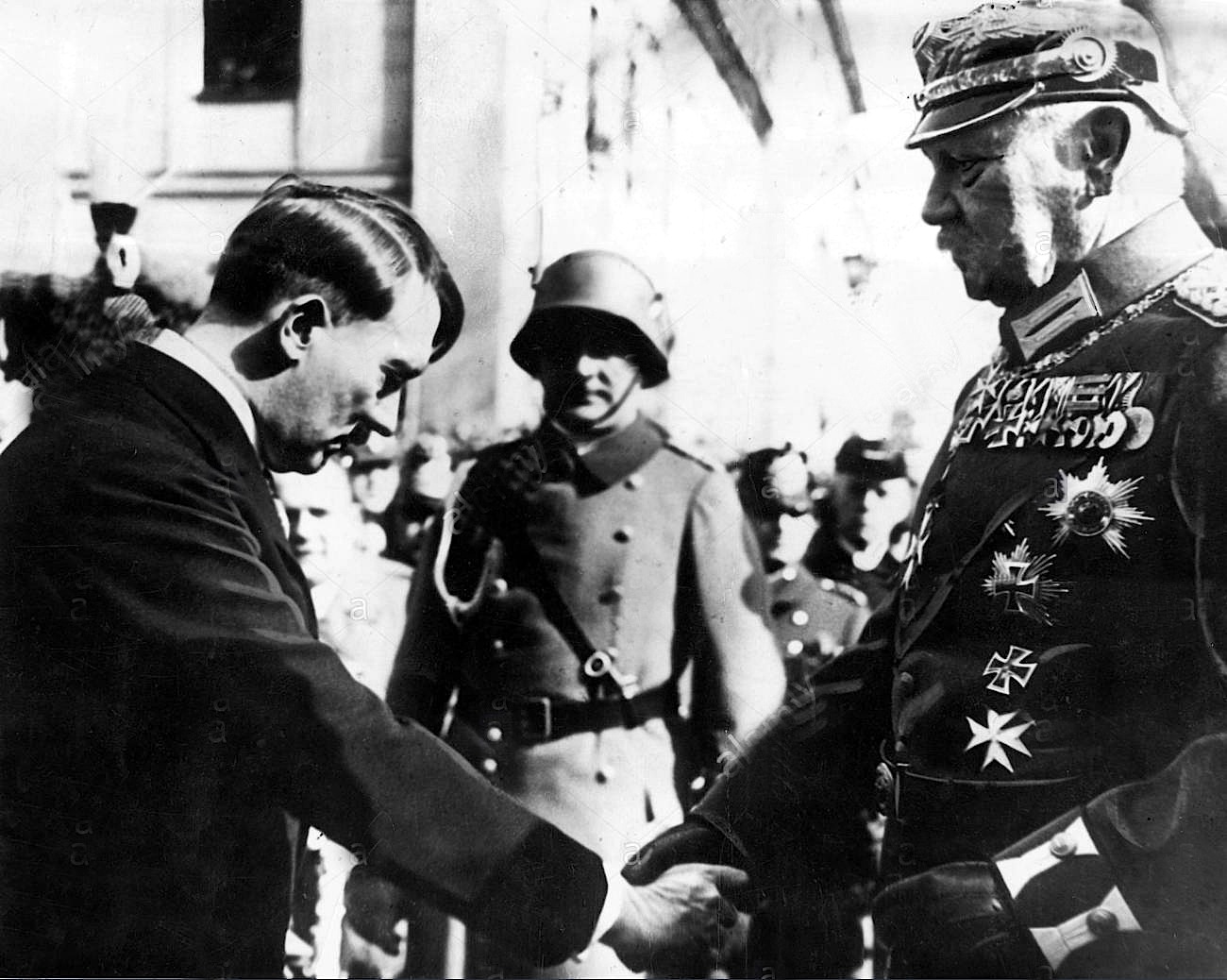
Reichskanzler Hitler begrüßt den Reichspräsidenten Hindenburg vor der Garnisonskirche am 21. März 1933, dem sog. ‘Tag von Potsdam’. | Reich Chancellor Hitler welcomed the Reich President Hindenburg in front of the Garrison Church on 21 March 1933, on the so-called ‘Day of Potsdam’., 21.03.1933
President Paul von Hindenburg appoints Adolph Hitler Chancellor of Germany on January 30, 1933.
This election put an end to the Jewish controlled Weimar Republic, and marked the beginning of the Third Reich. The election also marked the beginning of a virulent Jewish propaganda war against Germany and the Nazi leadership, and against Adolf Hitler in particular. As a result of this relentless smear campaign, no man in history has been so mischaracterized as Hitler. Despite his impressive accomplishments, he is held up today as the very personification of evil; a madman and a psychopath, demonically intent upon conquering the world. As the decades have passed, this characterization has grown to mythic proportions, to the extent that for some he now serves as a modern surrogate for the “Devil” of medieval times.
But this image of Hitler does not square with the way in which he was described by international statesmen, reporters and other prominent people at that time, at least up until the beginning of World War Two. Hitler was not only extremely popular with the German people; he was widely admired by political leaders throughout the world. Hitler received high praise from every quarter for all he was able to accomplish for Germany. When Hitler was elected Chancellor in 1933, he became the leader of a starving, defeated and demoralized people ― the result of losing World War One ― and almost miraculously raised them up again into a prosperous, well fed, highly motivated, industriously advanced and highly successful nation. Moreover, he was able to do this in the short span of only five years. Franklin D. Roosevelt became president of the United States in 1933, at the same time that Hitler was elected chancellor of Germany. The economic problems FDR had to deal with in the United States were mild compared to those in Germany. Yet, by 1938, while Germany under Hitler was booming, the depression in the United States continued unchanged, with an unemployment rate that remained at 19 percent. The depression in the United States only ended when the war began.
[Add. Image — rural poor during the Great Depression in the USA.]
The German people adored Hitler and saw him as their redeemer. His unprecedented accomplishments also astonished the world. Hitler provided real leadership for the German nation after a long period of social malaise, and he motivated the German people to unprecedented heights of achievement in every field of endeavor. German industrial production grew spectacularly. Under his leadership Germany became a transformed nation wherein the German people were no longer the humiliated and broken mass he had inherited. An infectious feeling of excitement and expectancy had permeated the country which extended even to Germans living outside the Reich. Ethnic Germans of Austria, Sudetenland, Danzig, etc., all wanted to join Germany and become a part of Third Reich.
These amazing changes did not go unnoticed by prominent visitors to Germany. After a tour through the country in 1936, former Prime Minister of England David Lloyd George wrote an article for the “London Daily Express,” in which he said:
“I have never met a happier people than the Germans and Hitler is one of the greatest men. The old trust him; the young idolize him. It is the worship of a national hero who has saved his country.”
[Add. image (click to enlarge) — London Daily Express newspaper article on Lloyd George’s visit to Germany.]
Another British leader, Viscount Rothermere, in “Warnings and Predictions,” March, 1939, wrote this about Hitler:
“He has a supreme intellect. I have known only two other men to whom I could apply such distinction ― Lord Northcliffe and Lloyd George. If one puts a question to Hitler, he gives an immediate, brilliant clear answer. There is no human being living whose promise on important matters I would trust more readily. He believes that Germany has a divine calling and that the German people are destined to save Europe from the revolutionary attacks of Communism. He values family life very highly, whereas Communism is its worst enemy. He has thoroughly cleansed the moral, ethical life of Germany, forbidden publication of obscene books, and performance of questionable plays and films.
No words can describe his politeness; he disarms men as well as women and can win both at any time with his conciliatory, pleasant smile. He is a man of rare culture. His knowledge of music, the arts and architecture is profound.”
Theodur Huess, a liberal German politician who later served as President of the Federal Republic of Germany after World War Two, said in the late 1930s:
“He [Hitler] moves souls, the will to sacrifice, and great devotion, enthralling and enthusiastically inspiring everyone by his appearance.”
[Add. image — GERMANY – circa 1954: a stamp printed in the Germany shows Theodor Heuss, 1st President of the Federal Republic of Germany, 1949-1959.]
Even after the end of World War II, there were still those who could speak objectively of Hitler. Immediately after the war, future president of the United States, John F. Kennedy was hired by the Hearst Newspaper chain and sent to Germany to travel around and report back on conditions there.
Kennedy kept a diary which was recently published. In one diary entry he wrote:
“After visiting these two places (Berchtesgaden and the Eagle’s lair on Obersalzberg), you can easily understand how that within a few years Hitler will emerge from the hatred that surrounds him now as one of the most significant figures who ever lived. He had boundless ambitions for his country which rendered him a menace to the peace of the world, but he had a mystery about him in the way that he lived and in the manner of his death that will live and grow after him. He had in him the stuff of which legends are made.”
― John F. Kennedy “Prelude To Leadership – The European Diary of John F. Kennedy” — Summer, 1945. (No public figure could get away with expressing such sentiments today.)
[Add. image — Prelude to Leadership is the private diary of John F. Kennedy when he was a 28-year-old reporter in Europe. “The great enemy of the truth is very often not the lie – deliberate, contrived and dishonest – but the myth – persistent, persuasive, and unrealistic… Mythology distracts us everywhere – in government as in business, in politics as in economics, in foreign as in domestic affairs …” —John F. Kennedy, Speech at Yale University, June 11, 1962.]
General Leon Degrelle of the Waffen SS was a highly educated Belgian political leader who joined the SS to help save Europe from Communism, which he saw as an existential threat to Western, Christian Civilization.
(The Waffen SS was an all-volunteer force, made up of members from every European country. A million foreigners from all over Europe voluntarily joined the SS simply because they believed in what Hitler was trying to achieve. The Waffen SS was the first truly “European” army ever to exist, and it came into being to save Europe from the Communist menace.)
Degrelle was an intellectual, a natural leader, a devout Catholic and a prolific writer, and before the war, he had been personally acquainted with all the heads of state in Europe. He believed that Europe had a unique destiny and that it must unite. He also did all he could to avert a war in Europe. But once the war began, he became a soldier in the life and death struggle against the Communist enemy, the USSR. He joined the Waffen SS as a private but due to his remarkable abilities he was promoted rank by rank up to the rank of general. Degrelle had only the greatest admiration for Hitler. He wrote after the war from his refuge in Spain:
“Hitler was the greatest statesman Europe has ever known. History will prove that when whipped up emotions have died down. He was more matter of fact, generally more unfolded than Napoleon. Napoleon was more of a vanquishing, empire-founding Frenchman than a true European.
Hitler, in his being a man of his time, dreamed of an enduring, just, honest Europe, unified by the initiative of the victor. A Europe however in which each ethnic group could develop according to their merits and accomplishments. The proof of this is that he offered Petain his hand. Just as Bismarck knew how to outgrow Prussia and become a German, so Hitler soon changed from being a German to being a European. At an early stage he disconnected himself from imperialistic ambition.”
SS General Degrelle
“Without any difficulty he began to think of himself as a European and initiated the creation of a Europe in which Germany — like Prussia in Bismarck’s time, was to be the foundation stone. Some comrades of the Fuhrer might still have been short-sighted Pan-Germanists. But Hitler had the genius, the right scale, the absence of bias and the necessary vision to accomplish the terrific task. He had an authority, not to be found a second time in the history of the continent. His success would have established wealth and civilization of Europe for centuries, probably forever. Hitler’s plans for Europe would have meant a blessing for us all.”
[END of Part 9]
______________________________
PDF Notes
* Total words = 5,449
* Total pages = 35
*Total images = 13
*Note: Images not in original book are indicated as “Add. image” (Additional image).
*Text in [square brackets] is not part of the original book.
*Special thanks to reader “mblaine” for providing the text for this book.
======================================
Click to download a PDF of this post (3.0 MB).
The Myth of Germany Villainy – Part 09 – Hitler and National Socialists Rise to Power
Click on a link to go to another part:
[Click images to enlarge]
Part 01 — Cover text; About the Author; Preface; Chapter 1: The Myth of Germany as an Evil Nation
Part 02 — Chapter 2: Aftermath of the War in Germany
Part 03 — Chapter 3: The Jewish Factor in the War
Part 04 — Chapter 4: The Russian Revolution of 1917
Part 05 — Chapter 5: The Red Terror
Part 06 — Chapter 6: The Bolshevik Revolution Spreads Throughout Europe
Part 07 — Chapter 7: The Nation of Israel
Part 08 — Chapter 8: Jews in Weimar Germany
Part 09 — Chapter 9: Hitler and National Socialists Rise to Power
Part 10 — Chapter 10: National Socialism vs Communism
Part 11 — Chapter 11: Jews Declare War on Nazi Germany
Part 12 — Chapter 12: The Nazis and the Zionists Actually Work Together for Jewish Emigration out of Germany
Part 13 — Chapter 13: Life in Germany Under Hitler
Part 14 — Chapter 14 & 15: Hitler Begins Reclamation of German Territory; The 1936 Olympics
Part 15 — Chapter 16: “Anschluss” The Unification of Austria and Germany
Part 16 – Chapter 17: Germany Annexes the Sudetenland
Part 17 – Chapter 18: War with Poland
Part 18 – Chapter 19: The Phony War
Part 19 – Chapter 20: Germany invades France – The Phony War Ends
Part 20 – Chapter 21: The Allied Goal? Destruction of Germany!
Part 21 – Chapter 22: Germany as Victim
Part 22 (last) – Chapter 23: Winners and Losers
See also:
The Myth of German Villainy: Author Ben Bradberry Interview — TRANSCRIPT
_____________________
Version History
Version 3: Mar 13, 2021 – Added new Go2 Cover images (3).
Version 2: Mar 24, 2020 — Re-uploaded images and PDF for katana17.com/wp/ version.
Version 1: Oct 29, 2016 — Created post. Added PDF for download.

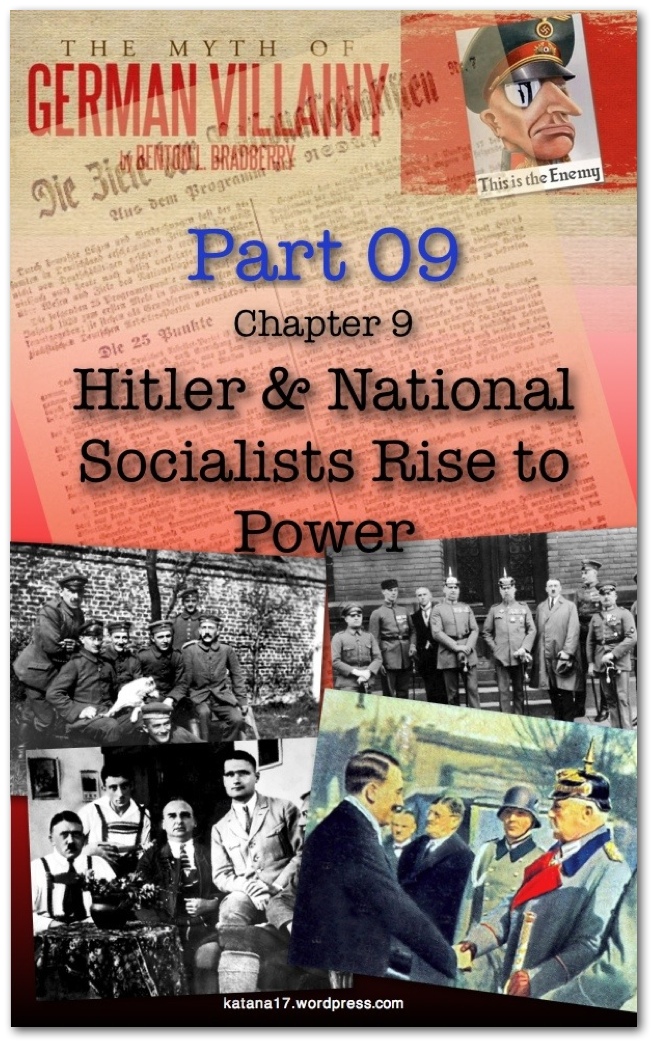
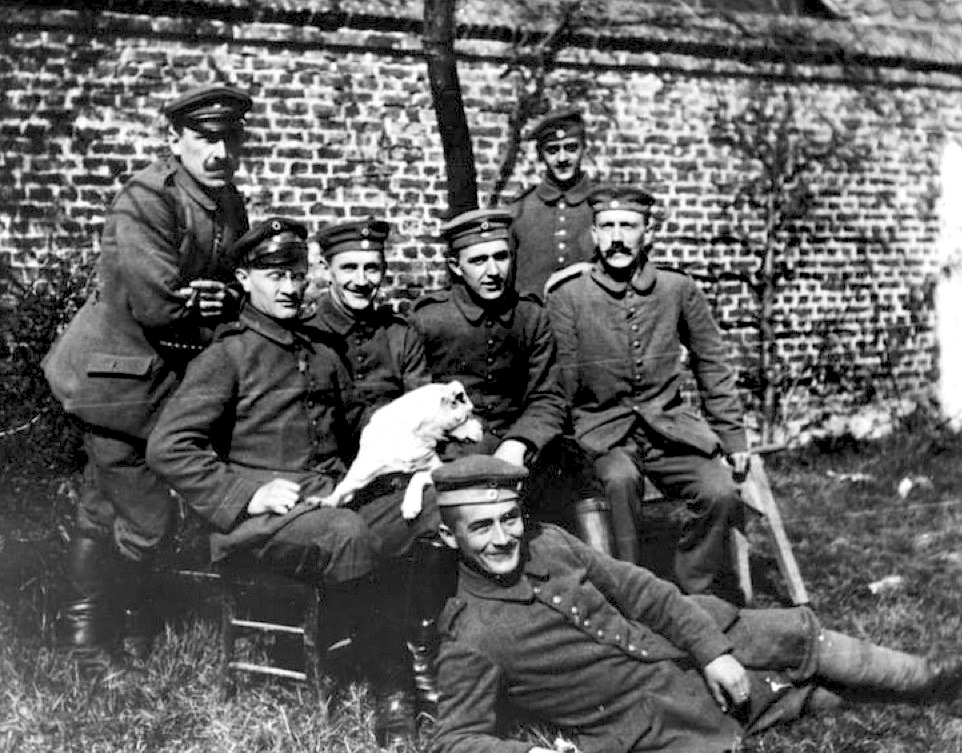
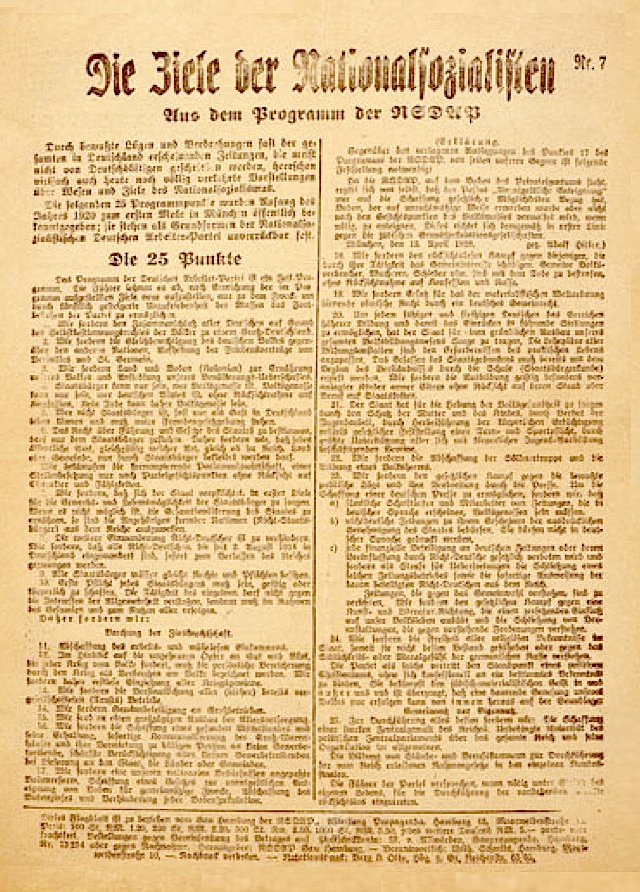

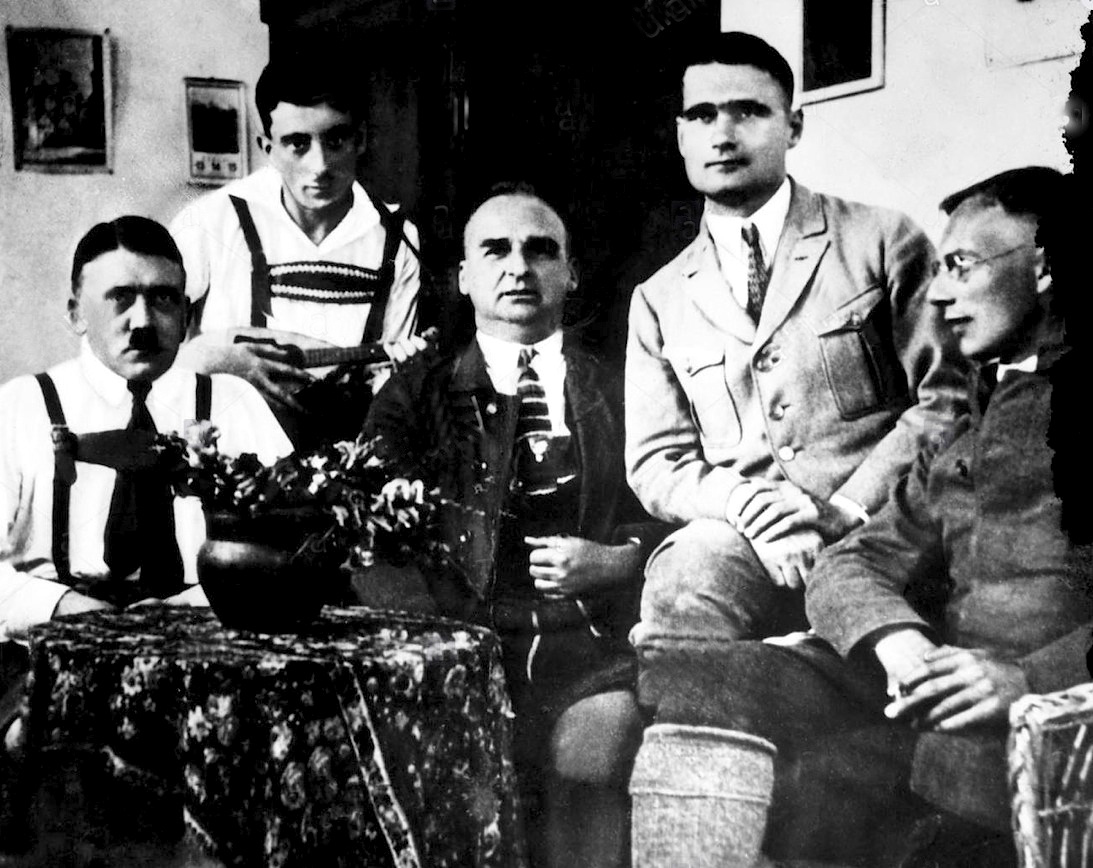
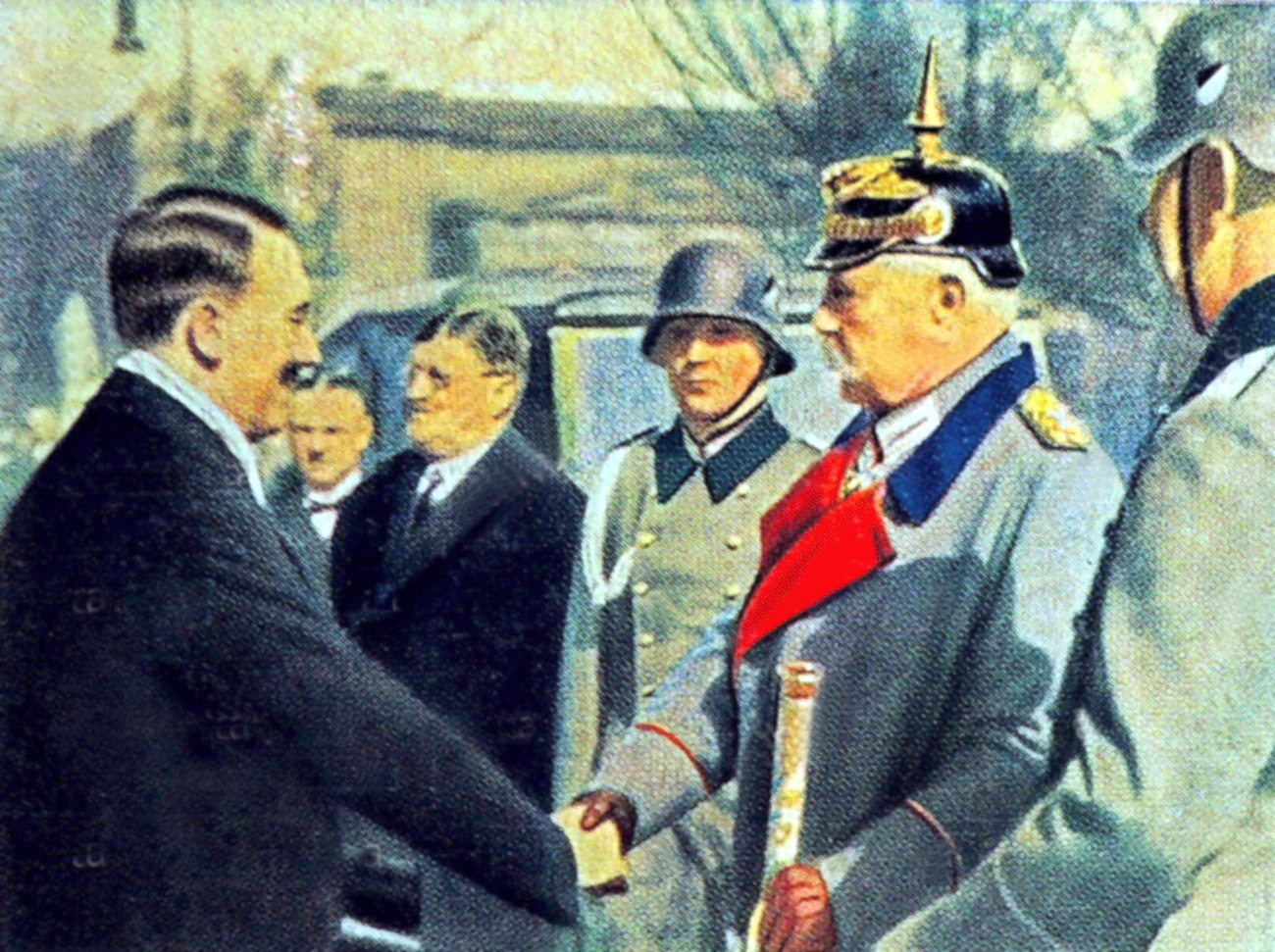

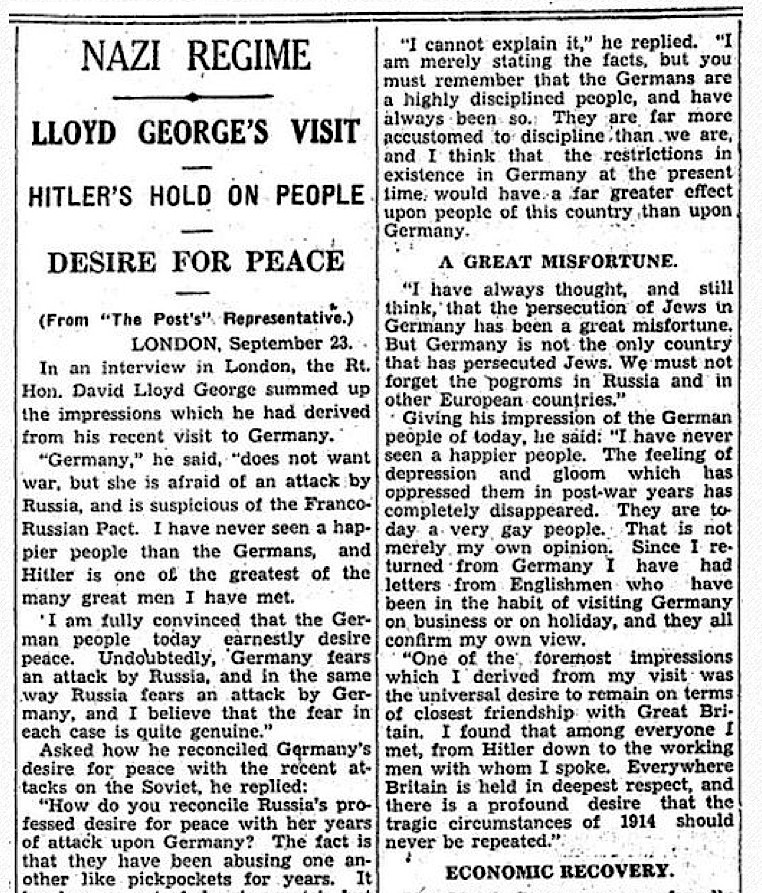
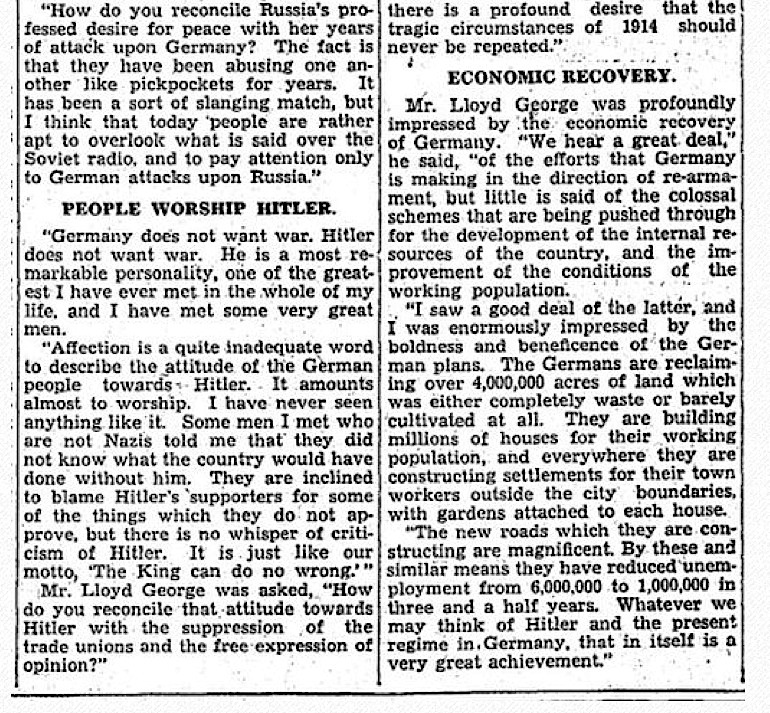
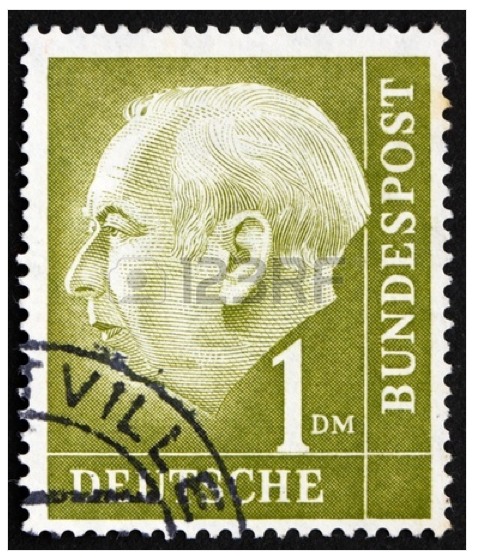
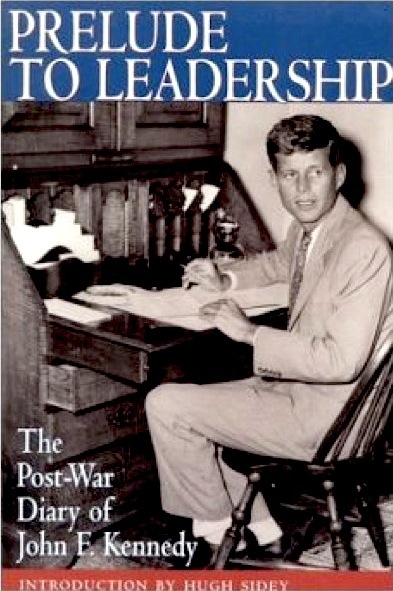
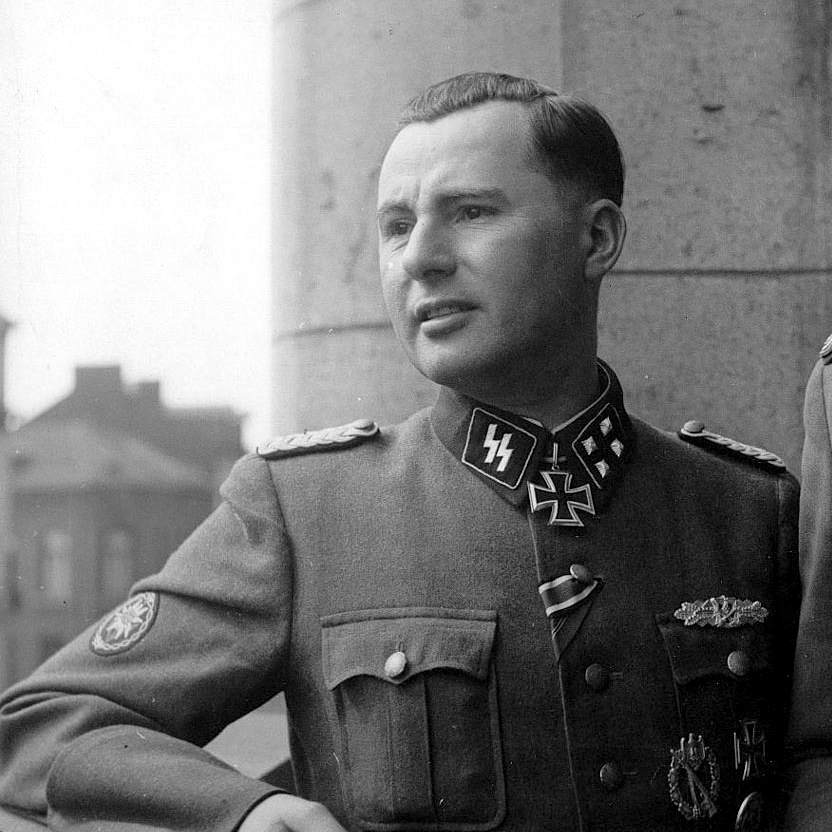



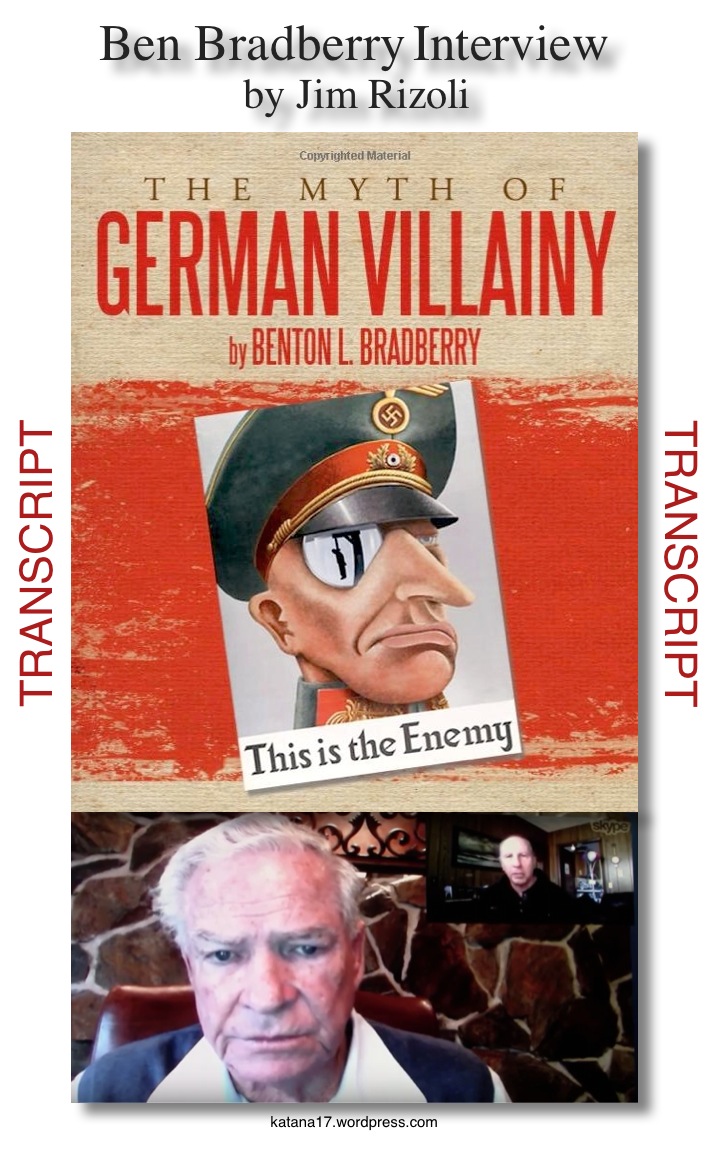
Pingback: Book - The Myth of German Villainy - Part 08 - Jews in Weimar Germany - katana17katana17
Pingback: The Myth of German Villainy: Author Ben Bradberry Interview — TRANSCRIPT - katana17katana17
Pingback: Book - The Myth of German Villainy - Part 02 - Aftermath of the War in Germany - katana17katana17
Pingback: Book - The Myth of German Villainy - Part 05 - The Red Terror - katana17katana17
Pingback: Book - The Myth of German Villainy - Part 07 - The Nation of Israel - katana17katana17